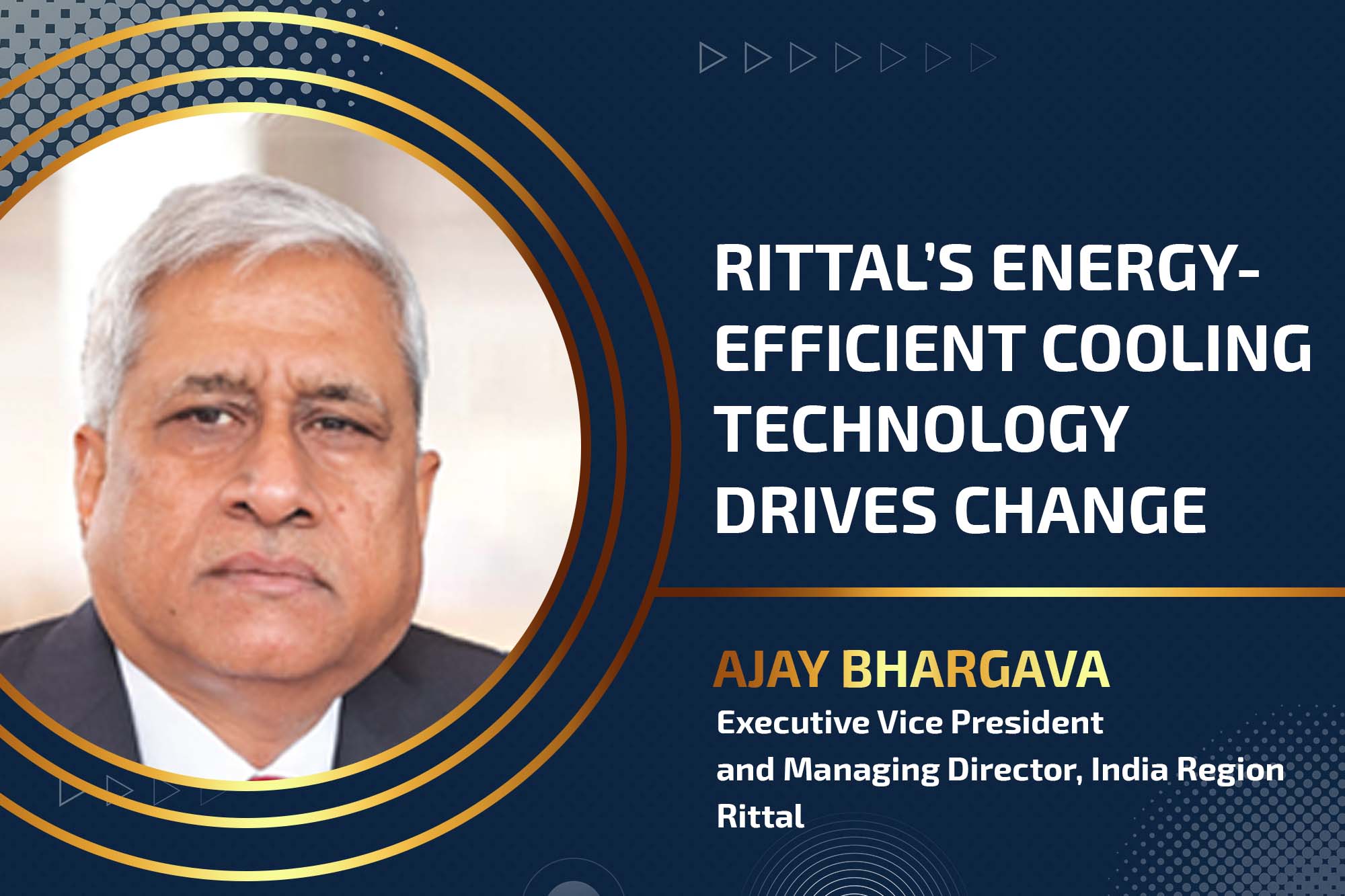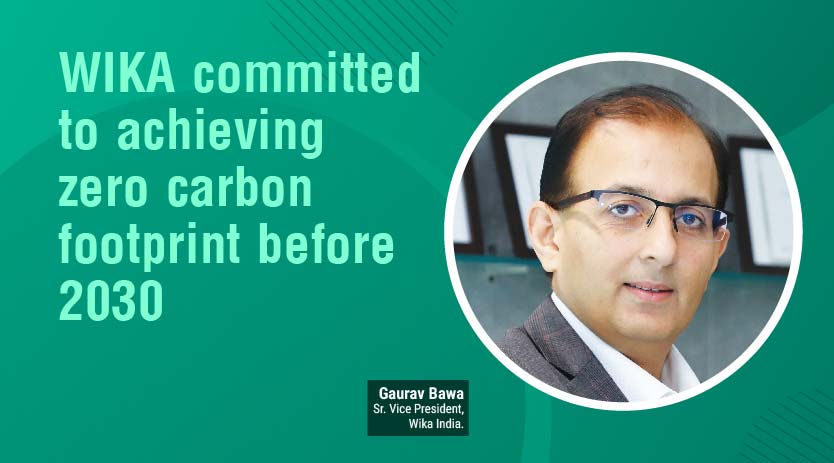Automation infrastructure to speed up defence component manufacturing
By OEM Update Editorial April 1, 2022 4:28 pm IST
I believe the focus will largely be upon space exploration, space travel and globally coordinated protection of the Earth in general.
Opportunities in defence and aerospace manufacturing
It is no secret that our defence spending is among the top three in the world, and I expect that this will remain more or less the same, in the near future. As far as opportunities in Defence and Aerospace are concerned, there is plenty of room for growth for domestic manufacturing and sourcing. I feel confident that we will be able to create and nurture a sustainable defence and aero manufacturing ecosystem within the next 10 years. There are many retiring fleets in both the Airforce and Navy; this will provide many opportunities for manufacturing growth.
Initiatives to bring reforms to promote self-reliance in defence manufacturing
Working alongside defence establishments, understanding their plans, and aiming for innovation in the required equipment and products, will definitely help promote self-reliance in defence manufacturing. Organisations like the SIDM are very active in bridging the discussions between Defence establishments and domestic manufacturers. It is important for industry to engage in a constructive dialogue with the Ministry of Defence through industry development bodies / chapters and contribute to the movement. This is a clear and present opportunity, so the first movers will gain great momentum in the next couple of decades.
Defence industrial corridor to augment defence manufacturing
There are currently two defence industrial corridors planned by the governments of UP and TN, respectively. In my opinion such corridors are a great initiative to promote domain specific manufacturing. However, due care and thought must be given to understand aspects such as availability of qualified and experienced manpower, infrastructure readiness, proximity to defence establishments, proximity to functional ports, secure locations, as well as an existing supply chain system, so as to ensure that such corridors thrive and multiply. It is the collective responsibility of the Government, Local bodies and Industry to make these corridors a resounding success, if we have to see true growth in Defence Manufacturing.
Impediments in securing raw material and components for defence manufacturingOur major challenges with defence raw material and equipment are majorly related to electronics and access to advanced materials technology. While we can import them currently, it is not a viable option in the long run. We need to encourage Research and Development in both these fields in terms of indigenisation. In addition to the above, it is important for us to have a platform that is current and is able to plug in to latest technologies. Certain life cycles of products and protocols progress rapidly in the electronic domain and therefore it is critical that design and maintenance consider these vital factors at the design stage and plan for updating and upgradation accordingly throughout the service of these equipment.
Strategies in creating a defence and aerospace manufacturing market
One of the key requirements is consumption, which already exists, secondly, there needs to be consistent expenditure, which also exists far better than most countries in the world. We are also uniquely placed in terms of having an excellent talent pool that comes out each year out of our technical schools. One of the strategies in which we can create a sustainable environment of innovation is by identifying top technical schools and inviting them to have a 50 Percent mind share on future development. In addition to this, young entrepreneurs and large corporates who are built on technology, must collaborate with the defence establishments, the short-listed academic institutions with a focused and objective based research across complimenting fields in technology, materials, manufacturing processes and methods amongst others. Needless to say, a high emphasis on rewarding such projects, both monetarily and in social standing is vital to motivate talented people and organisations to make meaningful contribution. Above all, a sense of national pride is a foundation to everything else, and I’m sure we are not short of this by any measure.
Process of automation and robotisation needs
There are of course many critical areas in the manufacture of arms and ammunition, where there could be extensive use of Robotics and Automation. Even otherwise, once a platform is designed, much of defence manufacturing can also follow the SoP of say automotive or aerospace production techniques, which have produced some of the highest achievements in quality, technology and application. Early adoption by defence establishments and revamping their existing traditional methods of manufacturing can be a good start to achieve the objective. Further, separating the super critical aspects of defence manufacturing from the routine ones, can certainly aid in democratising the manufacture of such non critical components in the general industry itself. This can certainly utilise existing automation infrastructure to speed up defence component manufacturing.
Future scope in defence and aerospace manufacturing sector
I believe the focus will largely be upon space exploration, space travel and globally coordinated protection of the Earth in general. Longer flights with near zero carbon emissions, bloodless warfare and colonisation of habitable planets will be the extended focus in about a hundred years from now.
Cookie Consent
We use cookies to personalize your experience. By continuing to visit this website you agree to our Terms & Conditions, Privacy Policy and Cookie Policy.

















